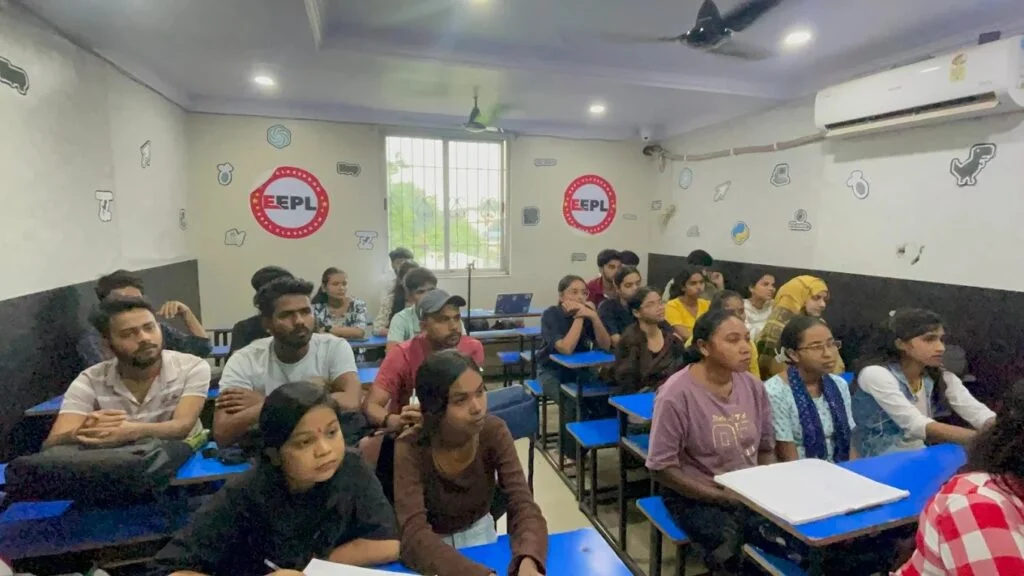. Understand the Syllabus Thoroughly
The CBSE syllabus for Class 12 Maths is well-structured and divided into six units:
- Relations and Functions
- Algebra
- Calculus
- Vectors and 3D Geometry
- Linear Programming
- Probability
Break the syllabus into smaller, manageable parts, focusing on high-weightage topics such as Calculus (which accounts for around 35% of the total marks).
2. Get Familiar with the Exam Pattern
The CBSE Maths board exam consists of a mix of very short, short, and long-answer questions. Here’s the weightage breakdown:
- 1-mark questions: Conceptual clarity
- 2-mark questions: Analytical and reasoning ability
- 3-mark questions: Detailed calculations
- 6-mark questions: Comprehensive problem-solving
Understanding this will help you allocate your preparation time wisely.
3. Create a Study Schedule
Design a timetable that balances schoolwork, self-study, and revision:
- Dedicate 2-3 hours daily for Maths.
- Start with topics you find challenging.
- Allocate time weekly for revising old topics to ensure retention.
4. Focus on NCERT Books
The NCERT textbooks are your best friend for CBSE Maths preparation:
- Solve all examples and exercises in the NCERT book.
- Practice miscellaneous exercises at the end of each chapter.
- Pay attention to solved examples—they often form the basis for exam questions.
5. Practice Makes Perfect
Mathematics is all about practice. Here’s how to do it effectively:
- Solve previous years’ question papers: This gives you an idea of the exam pattern and frequently asked questions.
- Attempt CBSE sample papers released every year to familiarize yourself with the marking scheme.
- Use reference books like RD Sharma or RS Aggarwal for extra practice.
6. Strengthen Problem Areas
Identify topics that you find difficult and focus on improving them. For instance:
- If you struggle with integration, practice basic formulas daily.
- For vectors and 3D geometry, visualize the problems to understand concepts better.
Don’t hesitate to ask your teacher or peers for help.
7. Memorize Formulas and Theorems
Keep a formula notebook handy and update it as you go. Some tips to remember formulas:
- Revise them daily.
- Use mnemonics or short tricks for complex ones.
- Apply them in problems to reinforce learning
8. Time Management During Exams
Efficient time management is key to solving the paper within the given 3 hours:
- Read the question paper thoroughly for the first 15 minutes.
- Start with questions you’re confident about.
- Allocate time based on question marks (e.g., spend more time on 6-mark questions).
9. Revise Regularly
Revision is crucial to retaining concepts. Focus on:
- Revisiting solved problems to understand step-wise solutions.
- Revising formulas, theorems, and key concepts weekly.
- Attempting mock tests under timed conditions










